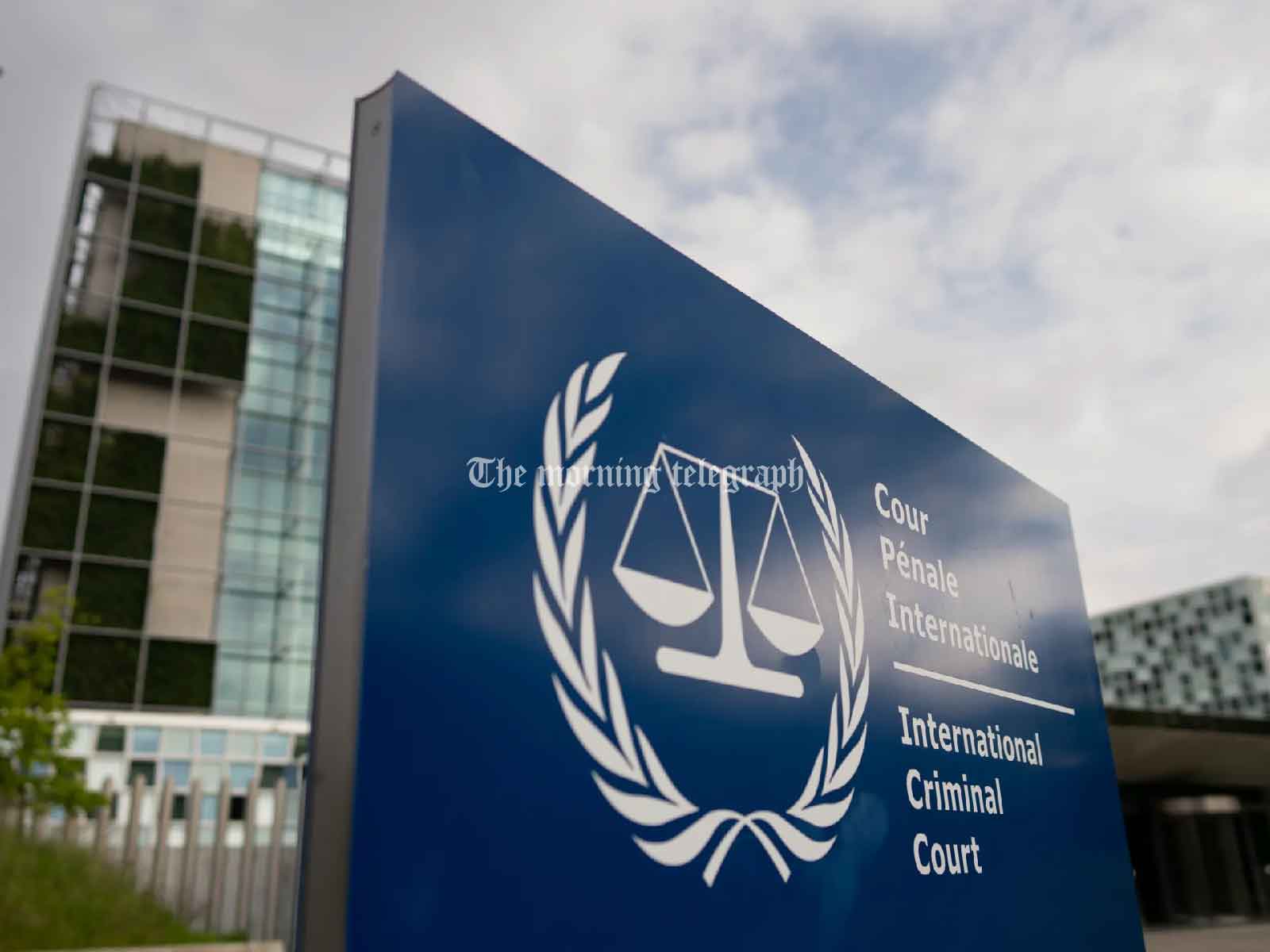
LONDON, July 26, 2024 — The UK has decided not to challenge the International Criminal Court’s (ICC) request for an arrest warrant against Israeli Prime Minister Benjamin Netanyahu. This decision marks a reversal from former Prime Minister Rishi Sunak’s stance.
A spokesperson for current Prime Minister Keir Starmer stated, “This was a proposal by the previous government which was not submitted before the election. We will not pursue it in line with our long-standing position that this is a matter for the court to decide.”
The ICC’s prosecutor, Karim Khan, sought warrants for Netanyahu and Defense Minister Yoav Gallant in May, citing alleged war crimes related to the conflict in Gaza. The request also targeted Hamas leaders Yehya Sinwar, Mohammed Deif, and Ismail Haniyeh.
Israel condemned the move as antisemitic, while U.S. President Joe Biden supported Israel’s right to defend itself. The ICC’s action has heightened tensions, though Israel’s lack of membership means immediate prosecution risks are minimal, although the threat of arrest complicates international travel for those targeted.
Starmer’s decision diverges from U.S. policy, reflecting his commitment to the separation of powers and international legal standards. However, this position comes amid growing domestic and international criticism of the UK’s response to the Gaza crisis.
Starmer has faced pressure to adopt a firmer stance on the situation in Gaza and restore funding to the UN’s Palestine relief agency, which had been cut by Sunak’s administration. His evolving stance suggests a cautious balance between supporting international justice and addressing domestic concerns about the conflict.
Sacha Deshmukh, Amnesty International UK’s chief executive, supported Starmer’s decision: “This was a misguided intervention by the last government. The UK should support efforts to bring all perpetrators of war crimes to justice rather than thwarting such investigations.”




